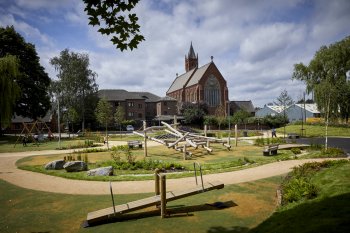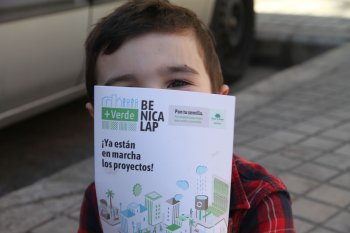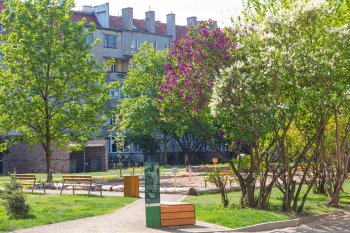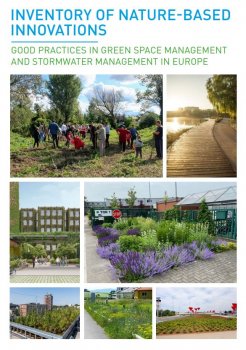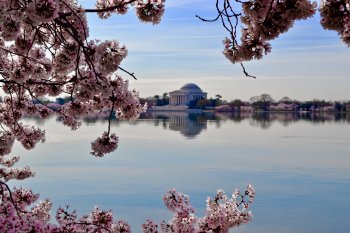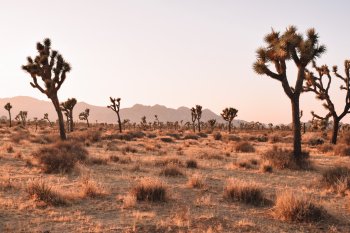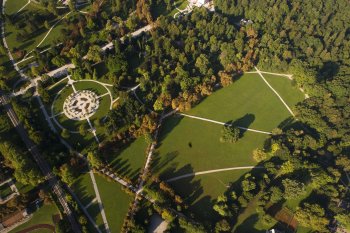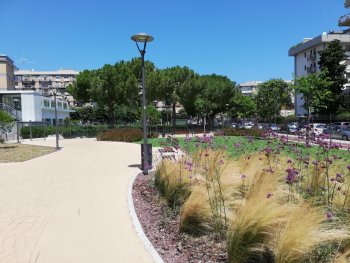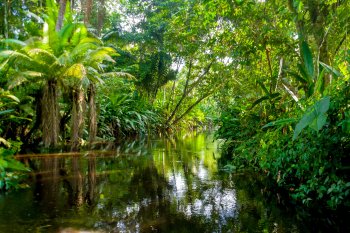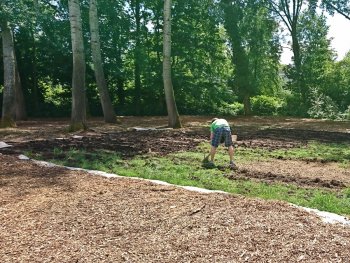Through providing a publicly accessible green space that allows for aesthetic appreciation, recreational activities and social cohesion, the Municipality of Bari aims to improve mental and physical wellbeing among the area’s citizens.
With the aim to renovate derelict land, L. Braille public garden was planned and designed to increase biodiversity, mitigate the urban heat island effect, and reduce noise, air and light pollution in the area.
The park’s green infrastructure aims to helps to achieve an e...

